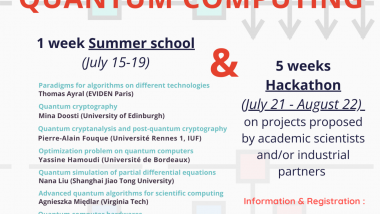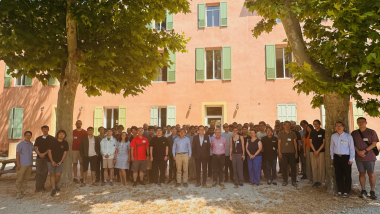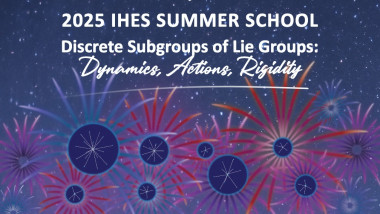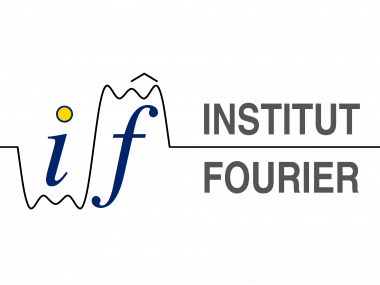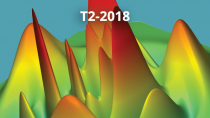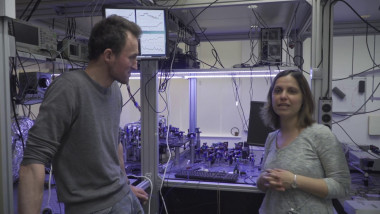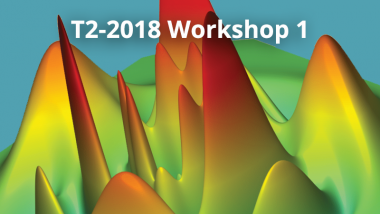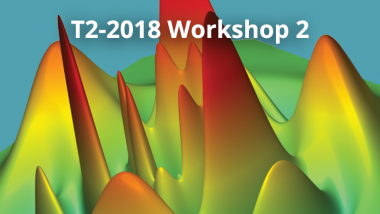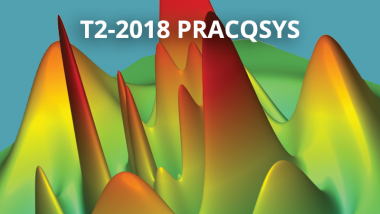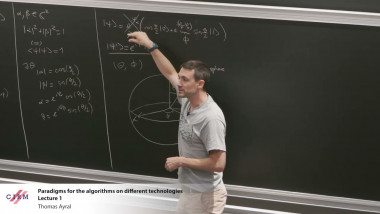Optimal control of spin systems with applications in Magnetic Resonance
Apparaît également dans la collection : 2018 - T2 - WS2 - Quantum control and feedback: foundations and applications
Optimal control can be viewed as a generalization of the classical calculus of variations for problems with dynamical constraints. Optimal control was born in its modern version with the Pontryagin Maximum Principle in the late 1950’s. Its development was originally inspired by problems of space mechanics, but it is now a key tool to study a large spectrum of applications extending from robotics and electronics to quantum mechanics and Nuclear Magnetic Resonance. Solving an optimal control problem means finding a particular control law (i.e. a particular pulse sequence), the optimal control, such that the corresponding trajectory satisfies given boundary conditions and minimizes a cost criterion. Although its implementation looks straightforward, the practical use of optimal control techniques is far from being trivial and each control problem has to be analyzed using geometric and numerical methods. This talk is aimed at giving a general overview of the current development of optimal control theory and of its application in the design of radio frequency pulses in Nuclear Magnetic Resonance and Magnetic Resonance Imaging (MRI). Both geometric and numerical approaches will be detailed and applied to control spin dynamics governed by the Bloch equations. Different examples will be treated such as the optimization of the saturation process, the simultaneous control of a spin ensemble and the enhancement of the contrast in MRI. Short and long-term perspectives will be discussed.
